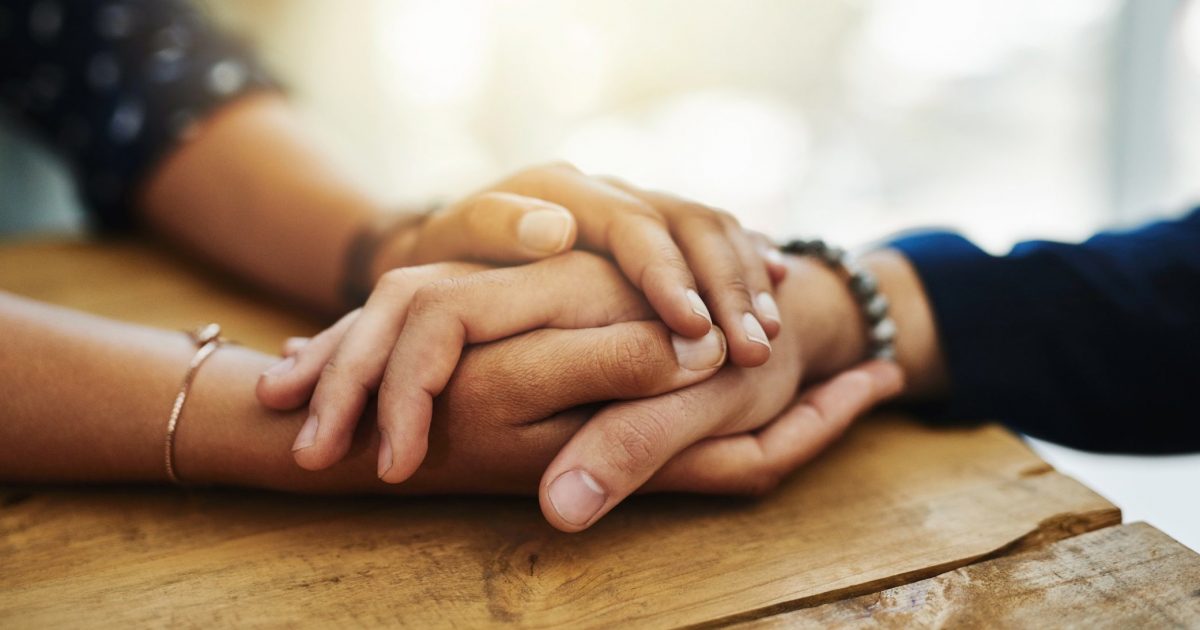Shining Bright in the Face of Leukemia
- Doctors dismissed the agonizing pain that Harvey, a 16-year-old in the U.K., was was in. Thankfully, his mother pushed for answers.
- As her son undergoes grueling chemotherapy for his acute lymphoblastic leukemia, Jessica is sharing her son’s story to educate parents about advocating for their children’s health.
- Jessica says Harvey’s bright spirit has not dampened, brining light to everyone he meets during his journey.
- Acute lymphoblastic leukemia, or ALL, is a “very aggressive” type of cancer. One of our experts says "it grows very fast. Within a few weeks, a few months, the person will start to feel very sick.”
When Harvey, a 16-year-old boy in the U.K., first started complaining about the pain in his back and legs, his parents gave him some acetaminophen and ibuprofen. His parents quickly discovered something was seriously wrong, however, when Harvey began struggling to walk.
Read More"I Try To Stay Strong, But Sometimes You Need To Cry": Playing The Role of Cancer Caregiver and Mom
Finally, Harvey was given a life-changing blood test.
“They came back in straight away and told us it was leukemia,” Jessica said. “It was horrendous. His dad was with him and I was at home. When they phoned me to tell me I remember just screaming. I broke down.
“We couldn’t believe it. I couldn’t wrap my head around it or process what was going on at first. Then I got my nurses head on and asked straight away what the next steps were.”
Further testing revealed that Harvey’s specific diagnosis was acute lymphoblastic leukemia (ALL).
“In my head, I just knew we were going to get the worst news from those results, which we did. Within the day they were telling us the treatment plan for Harvey,” Jessica said.
Now, Harvey is undergoing aggressive chemotherapy treatments. He’s been feeling nauseous and lethargic, but the resilient young man has not let it dampen his spirit.
“Harvey’s autism shines through but he’s very high functioning,” Jessica said. “Everybody that meets him just calls him amazing. He is usually so bubbly. Even when he came into the hospital he was apologizing for being poorly and thanking everyone. He is an amazing son.”
In sharing her son’s story, Jessica hopes to educate other parents about advocating for their children’s health.
“It’s an absolute whirlwind, an emotional rollercoaster, but from going through this we know how important it is to not just accept the first answer you’re given if you feel something is wrong,” she explained. “Especially because children and teenagers have falls or bumps all the time, but it could still be something sinister.
“My fear is other teenagers could present with these pains and not know they are at risk. They just need simple blood tests to get the answers and rule it out.”
If you’d like to learn more about Harvey’s story or donate to help him and his family, visit this GoFundMe page.
What Is Acute Lymphoblastic Leukemia?
Acute lymphoblastic leukemia, or ALL, is a type of blood cancer that starts in the bone marrow. It is also called acute lymphocytic leukemia.
"ALL is a type of cancer that is very aggressive," Dr. Olalekan Oluwole, a hematologist with Vanderbilt University Medical Center, previously told SurvivorNet. "It grows very fast. Within a few weeks, a few months, the person will start to feel very sick.
“And that's why we will have to give it an equally aggressive type of treatment to break that cycle.”
What Is Acute Lymphoblastic Leukemia (ALL)?
Oftentimes, patients with this type of leukemia will already have the disease spread throughout their body by the time they receive a diagnosis.
"It doesn't follow rules, and it doesn't stop," Dr. Oluwole said. "Not only that, because this is part of the immune system, the immune system is sorta like the police of the body. So, those abnormal cells that have now become cancer, they have the ability to go to many places. They go into the blood, and they often go into the tissue or the lining around the brain."
All About Acute Lymphoblastic Leukemia: Answers to the Most Common Questions About the Disease
Dr. Oluwole says patients with this disease often come to him with fever or infections because the bone marrow has "failed in its ability to make other types of blood cells." As far as treatment goes, the sooner the better.
“The other question people have is, what if I don’t do anything? The ALL grows very, very fast,” Dr. Oluwole said. “If we don’t do anything, it will cause somebody to die within a few weeks.”
Learn more about SurvivorNet's rigorous medical review process.


